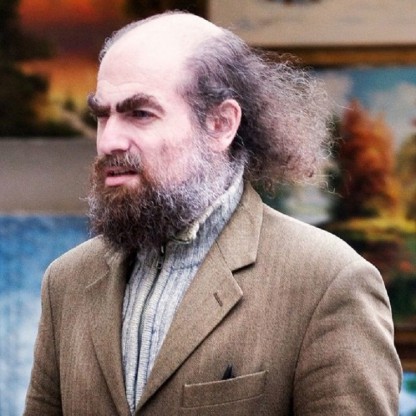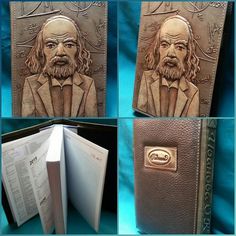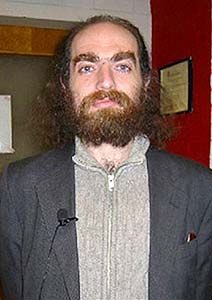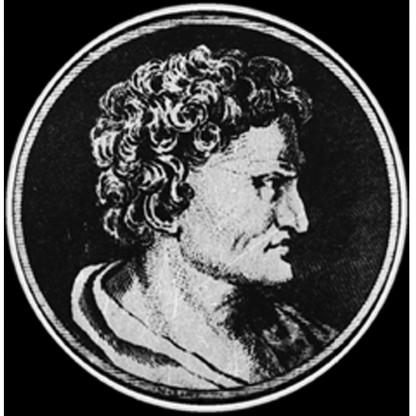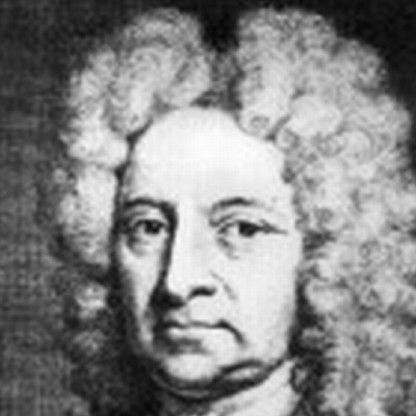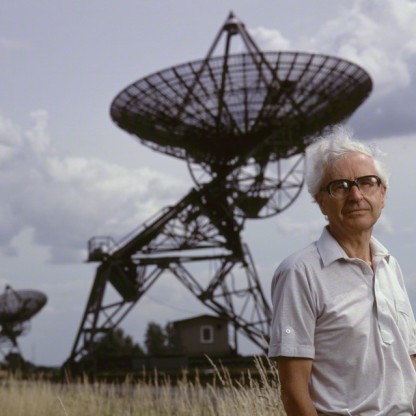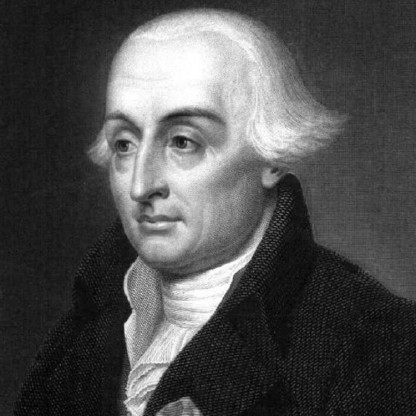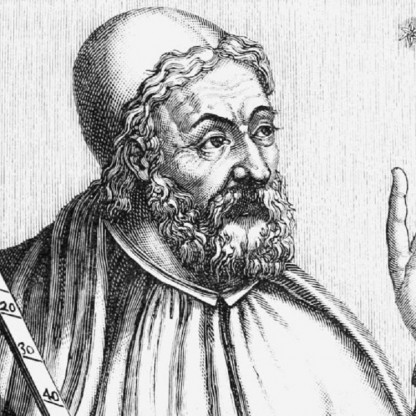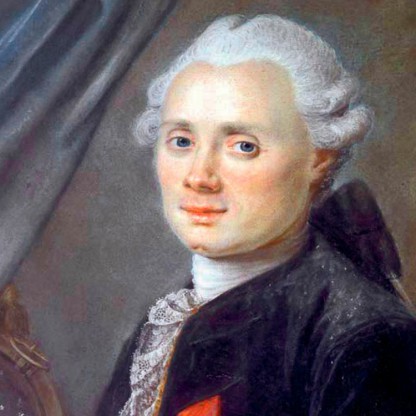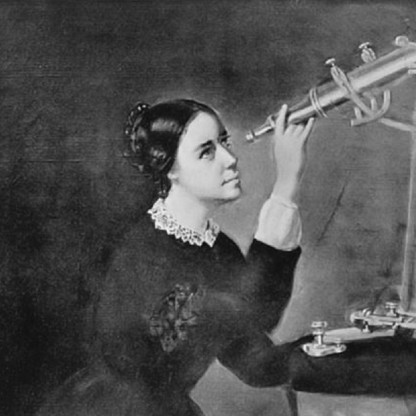In May 2006, a committee of nine mathematicians voted to award Perelman a Fields Medal for his work on the Poincaré conjecture. However, Perelman declined to accept the prize. Sir John Ball, President of the International Mathematical Union, approached Perelman in Saint Petersburg in June 2006 to persuade him to accept the prize. After 10 hours of attempted persuasion over two days, Ball gave up. Two weeks later, Perelman summed up the conversation as follows: "He proposed to me three alternatives: accept and come; accept and don't come, and we will send you the medal later; third, I don't accept the prize. From the very beginning, I told him I have chosen the third one ... [the prize] was completely irrelevant for me. Everybody understood that if the proof is correct, then no other recognition is needed." "'I'm not interested in money or fame,' he is quoted to have said at the time. 'I don't want to be on display like an animal in a zoo. I'm not a hero of mathematics. I'm not even that successful; that is why I don't want to have everybody looking at me.'" Nevertheless, on 22 August 2006, Perelman was publicly offered the medal at the International Congress of Mathematicians in Madrid "for his contributions to geometry and his revolutionary insights into the analytical and geometric structure of the Ricci flow". He did not attend the ceremony, and declined to accept the medal, making him the only person to decline this prestigious prize.

